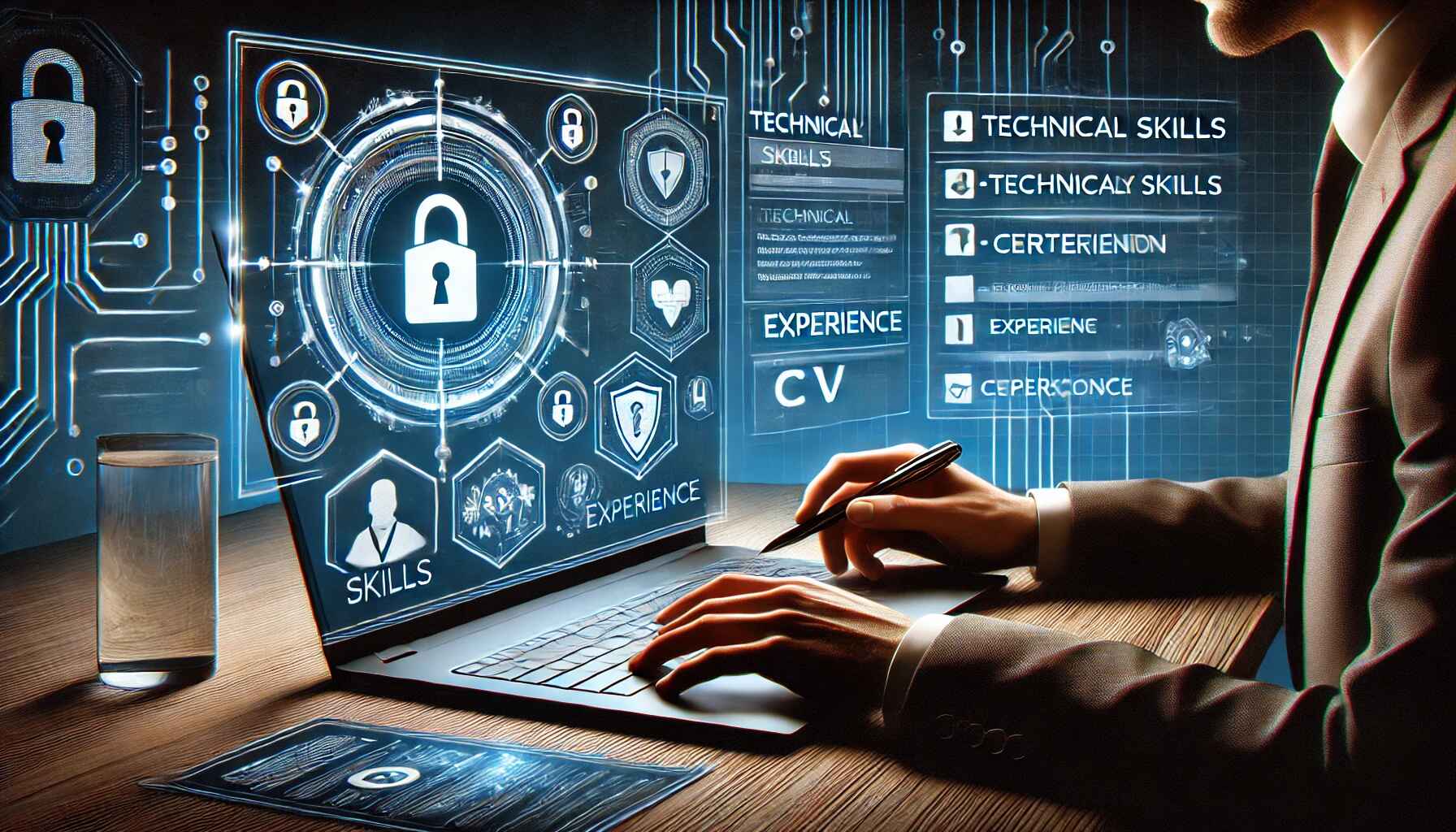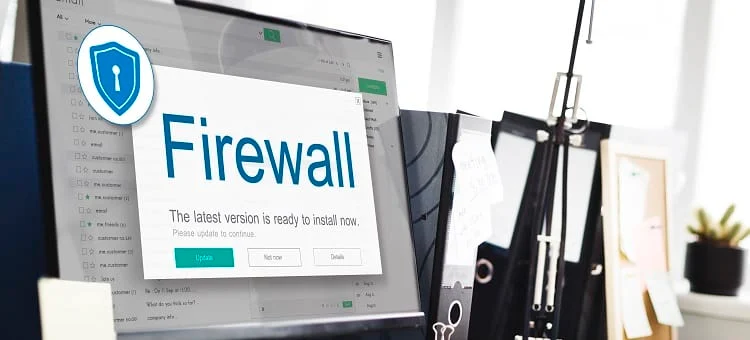Understanding Cybersecurity: Why It Matters in Today’s Digital World
In today’s digital world, cybersecurity is more important than ever. With cyber threats on the rise, protecting personal data, financial transactions, and business systems has become a necessity. Whether you’re an individual browsing the web or a business handling sensitive customer data, understanding cybersecurity is essential to prevent cyberattacks, identity theft, and data breaches.
1. What is Cybersecurity? 🔒
Cybersecurity refers to the practice of protecting computers, networks, software, and data from cyber threats, unauthorized access, and attacks. It includes techniques and technologies that safeguard digital information from hackers, malware, and other cyber risks.
Why is Cybersecurity Important?
✅ Protects personal and financial data from hackers.
✅ Ensures business continuity by preventing cyberattacks.
✅ Defends against viruses, ransomware, and phishing attacks.
✅ Maintains privacy and prevents identity theft.
💡 Example: If a hacker gains access to your email account, they can reset passwords, steal personal information, or even commit fraud in your name.
2. Common Cyber Threats 🚨
Cybercriminals use various tactics to attack individuals and businesses. Here are some of the most common cyber threats:
A. Malware (Viruses, Trojans, Ransomware) 🦠
Malware is malicious software designed to harm or exploit a system.
- Viruses & Worms – Spread through infected files and networks.
- Trojans – Disguise as legitimate software but contain harmful code.
- Ransomware – Locks files and demands payment for release.
📌 Example: A ransomware attack can encrypt your files, demanding money before unlocking them.
B. Phishing 🎣
Phishing is a cyberattack where attackers trick users into revealing sensitive information by pretending to be a trustworthy source.
- Usually done via fake emails, SMS, or websites.
- Targets login credentials, credit card details, and personal data.
📌 Example: A fake email from “your bank” asking you to reset your password through a suspicious link.
C. Data Breaches & Identity Theft 🆔
A data breach occurs when hackers gain unauthorized access to personal or company data.
- Can lead to identity theft, financial fraud, and reputational damage.
📌 Example: In 2021, Facebook suffered a data breach that exposed personal details of over 500 million users.
D. Denial-of-Service (DoS) Attacks 🚫
Cybercriminals overload a website or server with traffic, making it inaccessible.
- Can disrupt online services and cause financial losses.
- Often used against businesses, government websites, and e-commerce platforms.
📌 Example: A hacker floods an online store’s website, preventing customers from making purchases.
3. Essential Cybersecurity Best Practices 🛡️
✅ 1. Use Strong and Unique Passwords
- Create passwords with a mix of uppercase, lowercase, numbers, and symbols.
- Avoid using personal information like your name or birthdate.
- Use a password manager to keep track of complex passwords.
📌 Example of a Weak Password: password123
📌 Example of a Strong Password: G5!nX@8mLz$1
✅ 2. Enable Multi-Factor Authentication (MFA)
- Adds an extra layer of security by requiring a second verification step (e.g., OTP via SMS or authentication app).
- Even if a hacker steals your password, they cannot access your account without the second factor.
📌 Example: Logging into Gmail with both your password and a code sent to your phone.
✅ 3. Keep Software & Devices Updated
- Regularly update operating systems, apps, and antivirus software to fix security vulnerabilities.
- Enable automatic updates where possible.
📌 Example: Windows releases security patches to fix newly discovered vulnerabilities.
✅ 4. Beware of Phishing Scams
- Do not click on suspicious links or download unknown attachments.
- Always verify the sender’s email address before responding.
- If in doubt, contact the company directly using official channels.
📌 Example: A fake email pretending to be from PayPal asking for login credentials.
✅ 5. Use Secure Wi-Fi & VPN
- Avoid public Wi-Fi for sensitive transactions (e.g., banking).
- Use a VPN (Virtual Private Network) to encrypt internet traffic and protect online activity.
📌 Example: Using a VPN when connecting to public Wi-Fi at a coffee shop.
✅ 6. Backup Important Data
- Regularly back up important files to an external hard drive or cloud storage.
- Helps recover data in case of ransomware attacks or accidental loss.
📌 Example: Keeping a backup of your documents on Google Drive and an external USB.
✅ 7. Install Antivirus & Firewall Protection
- Antivirus software detects and removes malware.
- Firewalls block unauthorized access to your network.
📌 Example: Windows Defender and Norton Antivirus provide real-time malware protection.
4. Cybersecurity for Businesses 🏢
🔹 1. Employee Training & Awareness
- Educate employees on cyber threats and security best practices.
- Conduct regular phishing simulations to test awareness.
🔹 2. Secure Business Data
- Encrypt sensitive business data.
- Use access control (limit employee access to critical systems).
🔹 3. Develop an Incident Response Plan
- Have a cybersecurity response strategy in case of an attack.
- Regularly update security policies and perform risk assessments.
📌 Example: If a business detects a ransomware attack, the response plan should include isolating affected systems and restoring backups.
5. Future Trends in Cybersecurity 🔮
As technology evolves, cybersecurity threats are also becoming more sophisticated. Here are some future trends:
🔹 AI-Powered Cybersecurity – AI detects threats faster than humans.
🔹 Zero-Trust Security – No device or user is trusted by default.
🔹 Quantum Computing & Cryptography – Stronger encryption to protect against quantum threats.
🔹 Cybersecurity Laws & Regulations – Governments implementing stricter data protection laws (e.g., GDPR, CCPA).
Final Thoughts
Cybersecurity is not just for tech experts—it affects everyone who uses the internet. By understanding cyber threats and following best practices, you can protect your personal data, finances, and online activities.
✅ Stay informed, stay cautious, and stay secure!






